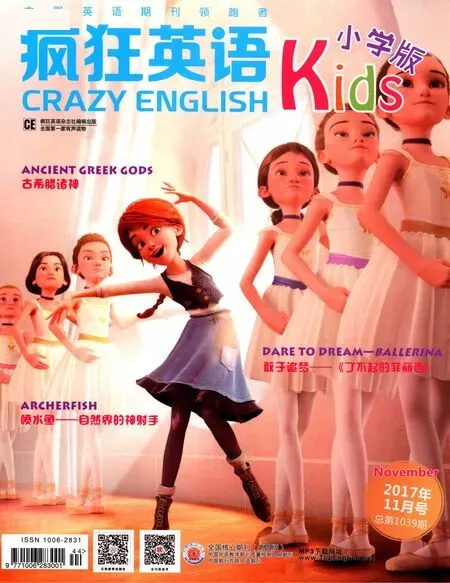Computers
Topic本月主题
Computers
电脑的前世今生
本篇适合:朗读,复述
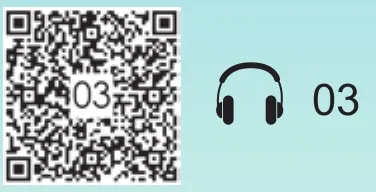
Computers can do lots of jobs. They can do maths, store information, or play music. You can use a computer to write or to play games. What do you know about the history of computers?
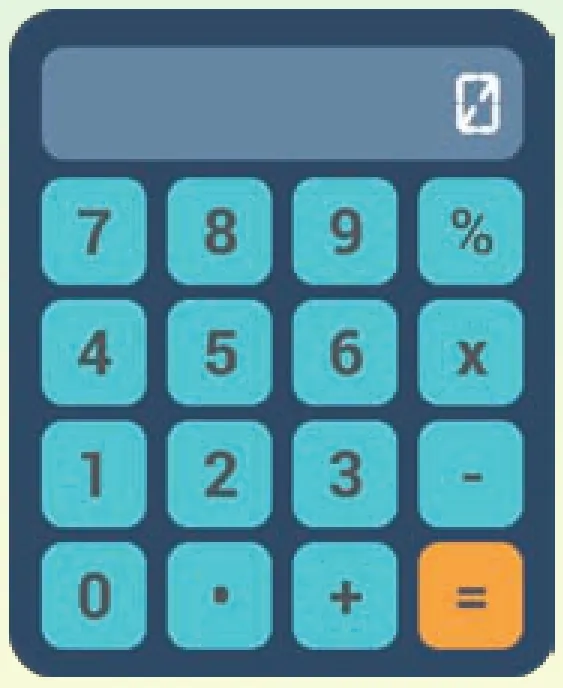
The fi rst computers were very big. They were the size of a room! They were so big that people didn’t have them at home. Early computers could only dosimplemaths, like acalculator. In the 1930s Alan Turing had the idea for a computer you couldprogrammeto do different things.
In 1958 Jack Kilbyinventedthemicrochip. Microchips aretinybut can store lots ofinformation. They helped make computers smaller. In the 1970s computers were smaller and cheaper so people started to use them at home. In the 1980s computer games were very popular. Lots of people bought computers just to play games.
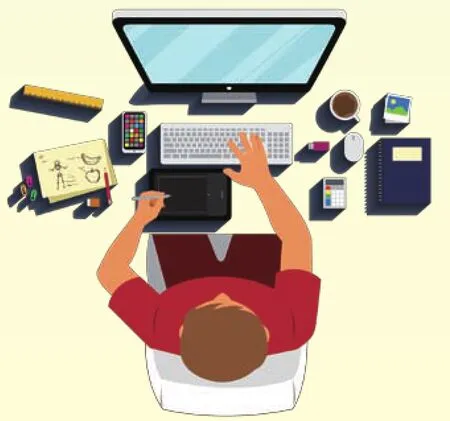
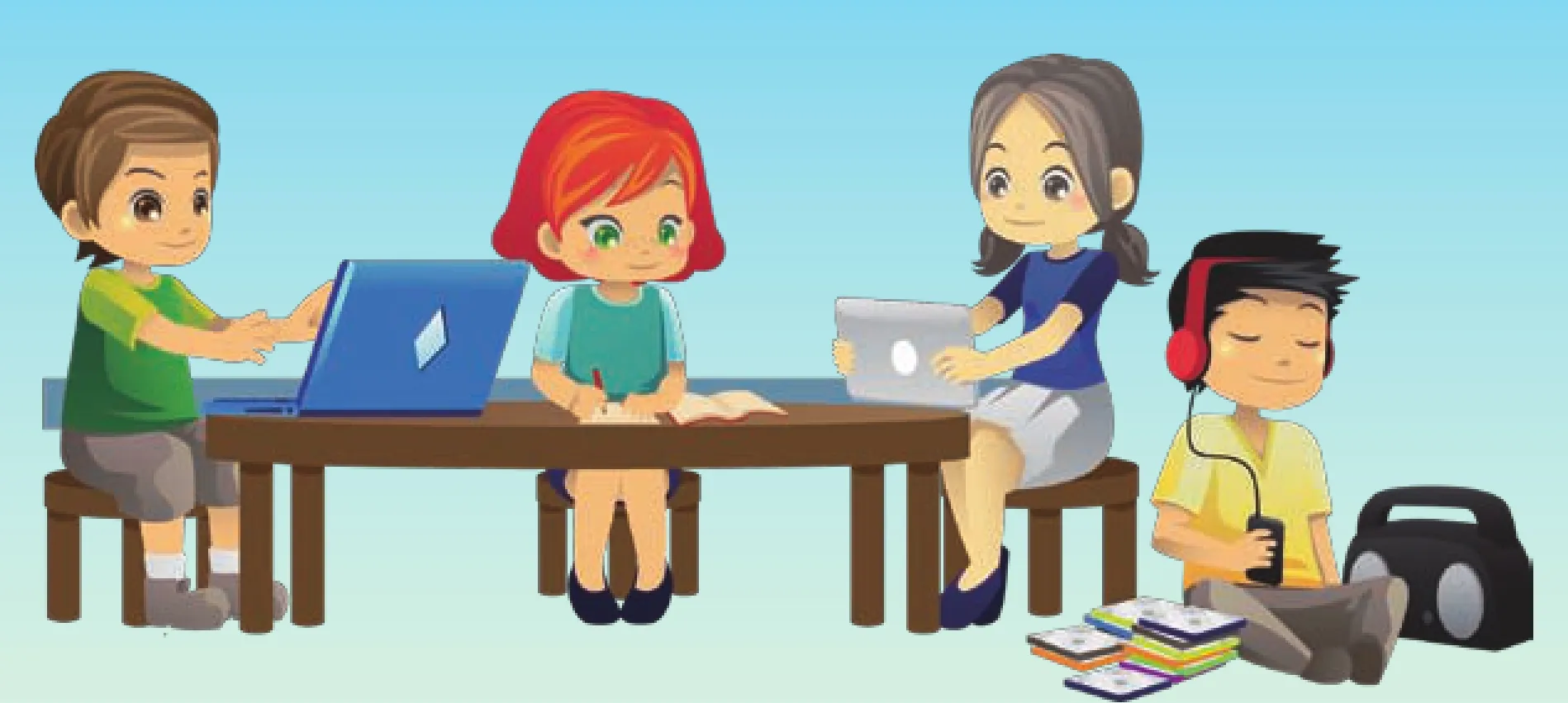
In 1989 Tim Berners-Lee invented theWorld Wide Web,which is a way toorganiseinformation on the Internet. Now people all over the world can look for and share information onwebsites.
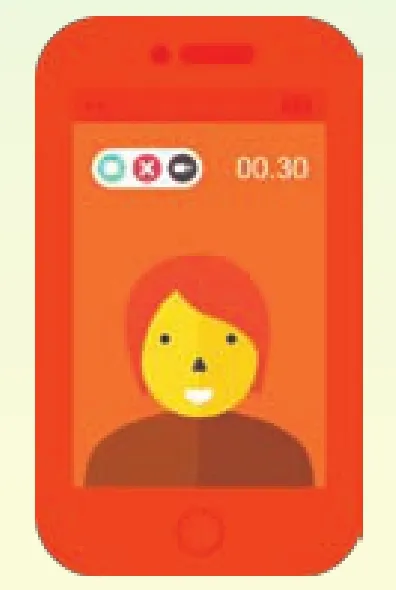
Today people can usesmartphonesto play games, email and go on the Internet. In thepasta simple computer was the size of a room. Now it can go in yourpocket!
Word Power
store[stɔː] v. 存储
simple[΄sɪmpl] adj. 简单的
calculator[΄kælkjʊleɪtə] n. 计算器
programme[΄prəʊɡræm] v. 编程
invent[ɪn΄vent] v. 发明(过去式:invented)
microchip[΄maɪkrəʊtʃɪp] n. 芯片
tiny[΄taɪnɪ] adj. 微小的
information[ˌɪnfə΄meɪʃən] n. 信息
world wide web[wзːld waɪd web] 万维网
organise[΄ɔːɡənaɪz] v. 组织
website[΄websaɪt] n. 网站(复数:websites)
smartphone[΄smɑːtfəʊn] n. 智能手机(复数:smartphones)
past[pɑːst] n. 过去
pocket[΄pɒkɪt] n. 口袋
FUN FACTS:
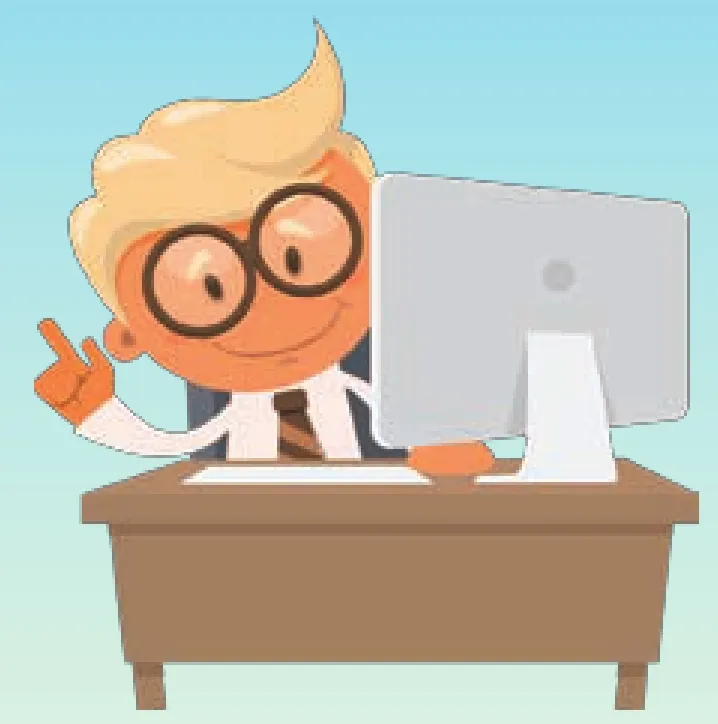
●More than3billionpeople use the Internet!
● More than 200 billion emails aresentevery day!
● The fi rst computermousewas made of wood!
Let’s Talk
Lily: Do you like playing computer games?
Jack: No, not too much. How about you?
Lily: Nor do I. I’m not good at computers. Oh, can you tell me how tosave fi les?
Jack: Justclickthebutton“save”, then type in your fi le name andchooseadisc.
Lily: Let me have a try.
Jack: Yes, you have done it.
Lily: But how can I fi nd the fi le I saved?
Jack:Double-click “My Computer” on thedesktopand fi nd thepaththat youset.
Lily: Oh, that’s it. Thank you.
Jack: That’s all right.

Word Power
more than[mɔː(r) ðæn] 超过
billion[΄bɪljən] n. 十亿
send[send] v. 发送(过去分词:sent)
mouse[maʊs] n. 老鼠;鼠标
save[seɪv] v. 保存
fi le[faɪl] n. 文件(复数: fi les)
click[klɪk] v. 点击
button[΄bʌtn] n. 按钮
choose[tʃuːz] v. 选择
disc[dɪsk] n. 磁盘
double[΄dʌbl] adj. 双的
desktop[΄desktɒp] n. 桌面
path[pɑːθ] n. 路径
set[set] v. 设置
Let's Try
1. What’s the word?
请把单词填到对应的图片下方。
computer maths calculator computer game
Internet smartphone email mouse
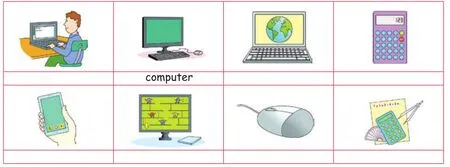
2. True or false?
根据主题故事内容,判断正误,正确的圈“true”,错误的圈“false”。
a. Early computers were very big and could do maths.
true false
b. Microchips are very small and can store lots of information.
true false
c. Alan Turing invented the microchip in 1958.
true false
d. People started to buy computers to use at home in the 1970s.
true false
e. The World Wide Web was created in 1979.
true false
f. The fi rst computer mouse was made of plastic.
true false
中文大意及答案请见第44页。

